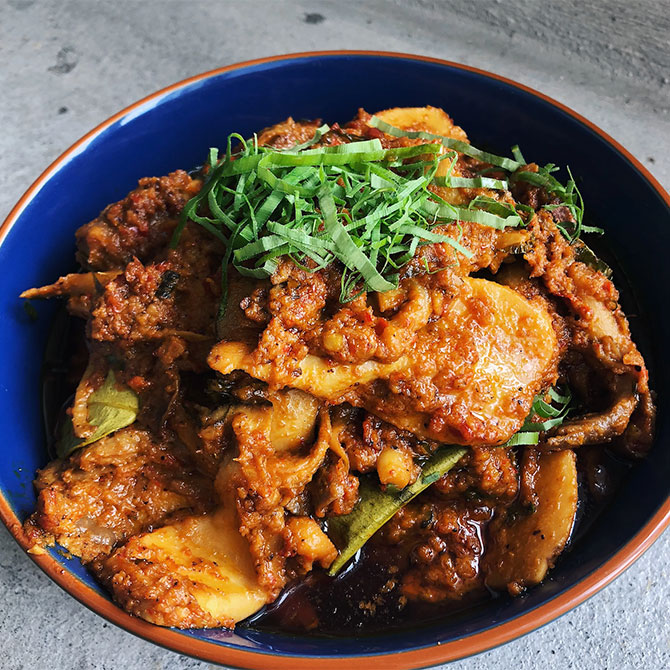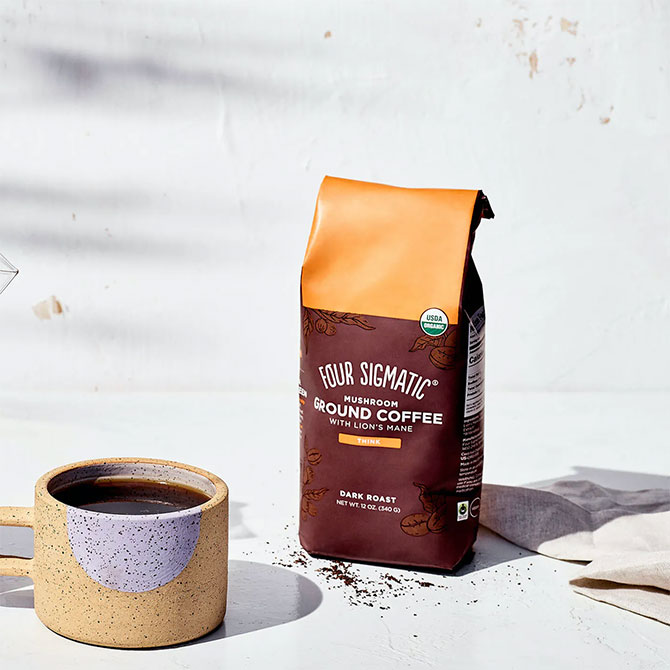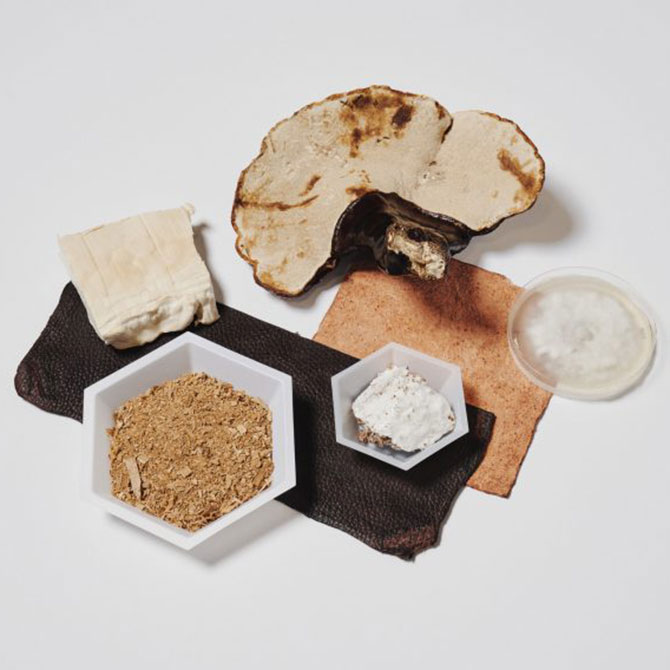In case you haven’t noticed, mushrooms are having a moment right now. Actually, it’s more than a moment—it’s a *movement*, and it’s one that’s taking over various industries from food (not just on your plate, but also in your coffee) to fashion to wellness.
Throughout history, mushrooms have been approached with equal amounts of caution and admiration—for good reason. As researchers Paul Stamets and Heather Zwickey have wisely worded:
*
“Some mushrooms can feed you, some can heal you, some can kill you, and some can send you on a spiritual journey speaks of their diverse chemical constituents. From an evolutionary and survival point of view, it is safer to avoid that which is poorly understood yet so powerful.”
*
With that said, many curious minds and brave souls have paved the way through research to spark what is called the “shroom boom” today. Beyond food, what was formerly exclusively seen as “indie” or cultural use of mushrooms has now become mainstream and *backed by science*.
According to AI and food science company Spoonshot, consumer interest in mushrooms has grown by 64 per cent since 2019, whereas business interest grew by 19 per cent. Curated online marketplaces and media companies dedicated entirely to mushrooms and fungi have emerged, the likes of Multiverse Marketplace and Mushroom People. Closer to home, the number of mushroom growing kits sprouting on our Instagram feeds (at least for this writer) only affirm its growing interest.
Ahead, we explore the many functionalities of mushrooms and what makes them so popular in the modern world.
Mushrooms: The preferred plant-based option

Let’s start with the most familiar use of mushrooms: for our diet. Buttons, creminis, portobellos, shiitakes, and the more luxurious truffles are some of the most commonly consumed mushrooms across various cuisines and cultures since ancient times. Today, mushrooms are more popular than ever in the F&B industry, especially riding on the waves of veganism and a growing demand for nutritious yet flavourful plant-based alternatives.
While different mushrooms contain different vitamins and minerals, they generally boast great health benefits all around. They are a low-calorie source of fibre, protein, and antioxidants, as well as vitamins B and D, which altogether work to boost the immune system as well as bone and heart health. Meanwhile, their strong, umami flavour and unique, chewy texture make them a desirable plant-based option for those who enjoy a meat-like taste and mouthfeel.
Mushroom supplements: The new (old) superfoods
View this post on Instagram
On the topic of nutrition, mushrooms have also been gaining attention for their ‘magical’ properties. No, we don’t mean the psychedelic kind, but the kind you find in wellness supplements. It seems that science is finally catching up with traditional medicine in this respect. For instance, the Greek physician Hippocrates found the amadou mushroom effective at reducing inflammation in 450 BC, whilst Chinese medical texts dating back to 206BC describe reishi as a potent anti-ageing tonic.
Clinical trials have since identified exotic mushroom varieties including reishi, chaga, cordyceps, lion’s mane,and tiger milk that make for excellent adaptogens and/or nootropics (aka “smart drugs” or cognitive enhancers). These are now being packaged into powder forms, capsules, and elixirs that provide an extra boost for your mental and physical health. You can find them at modern health and wellness stores such as Organicule and PurelyB.
Mushroom coffee: The healthier coffee alternative

Aside from food, mushrooms have also penetrated the beverage industry, particularly the coffee and tea section. Mushroom coffee is touted as the healthier alternative to regular coffee, incorporating the extracts of medicinal mushrooms mentioned above. (Don’t worry, you won’t find chunks of fungi in your espresso, if that was what you had in mind.)
Most mushroom coffee blends are marketed to be lower in caffeine, which is an important factor for those who can’t live without a cuppa Joe, but may not be immune to its side effects such as anxiety, rapid heart rate, upset stomach, and the common jitters. In addition, mushroom coffee is said to offer the health benefits of medicinal mushrooms. However, it’s worth noting that the body of research on this topic is still relatively in its infancy, so it’s recommended to check with a healthcare provider if you have a serious health condition.
Mushroom-infused alcohol: The buzzy booze
View this post on Instagram
Not to be confused with mixing ‘magic mushrooms’ (read: cannabis) and alcohol, legal mushroom-infused alcoholic beverages are actually a thing in the industry. There’s mushroom beer, mushroom gin, mushroom vodka, and countless possibilities where mushroom cocktails are concerned. FYI, there’s even a Manhattan distillery dedicated to mushroom spirits!
The reason behind its growth in the liquor world has less to do with its nutritious benefits and more often attributed to its taste. Brewers, crafters, and mixologists alike hone in on its wide spectrum of qualities—from earthy, umami, and at times sour notes to strong, smoky hints, depending on the variety.
Mushroom leather: The sustainable fashion alternative

Outside of F&B, mushrooms are also becoming a buzzword in fashion. Amidst sustainability efforts and calls for the use of cruelty free, vegan materials, mushroom leather—or technically known as mycelium leather—has emerged. Brands such as Adidas, Stella McCartney, and Lululemon are already using this alt leather in their products.
Since mushrooms grow (or mushroom, if you prefer) easily and can withstand harsh weather conditions, they are relatively easy to cultivate. They are also durable and fairly stretchable under strain, while featuring a texture that’s comparable to animal skin. These conditions make mushroom leather not only safer for the environment, but also a valuable upgrade for those who appreciate leather goods.
View this post on Instagram
| SHARE THE STORY | |
| Explore More |




